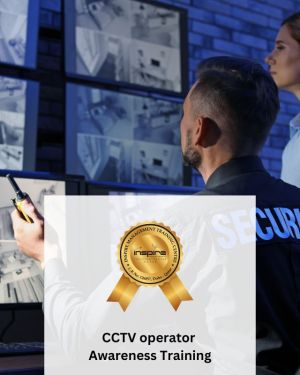I. Introduction to Camp Site Security
• Course Overview
o Introduction to the importance of campsite security.
o Understanding the role of security personnel in outdoor settings.
II. Risk Assessment and Threat Identification
• Identifying Potential Threats
o Natural hazards (wildlife, weather).
o Human-related risks (trespassers, theft).
• Risk Assessment Techniques
o Conducting site surveys.
o Using risk matrices to prioritize threats.
III. Security Procedures and Protocols
• Camp Site Access Control
o Gate control and visitor management.
o Vehicle and pedestrian access procedures.
• Emergency Response Planning
o Developing and practicing emergency response drills.
o First aid and medical emergency protocols.
IV. Surveillance and Monitoring
• Using Technology in Surveillance
o CCTV and remote monitoring systems.
o Radio communication and alarm systems.
• Patrol Techniques
o Conducting effective patrols.
o Reporting incidents and suspicious activities.
V. Communication and Conflict Management
• Effective Communication Skills
o Verbal and non-verbal communication techniques.
o Handling conflicts and de-escalation strategies.
• Team Coordination
o Collaborating with camp staff and emergency responders.
o Role-playing scenarios for effective teamwork.
VI. Legal and Ethical Considerations
• Legal Frameworks
o Understanding local laws and regulations.
o Liability issues and legal responsibilities.
• Ethical Standards
o Maintaining confidentiality and professionalism.
o Respecting campers’ rights and privacy.
VII. Case Studies and Practical Exercises
• Real-Life Scenarios
o Analyzing case studies of security incidents.
o Conducting tabletop exercises and simulations.
VIII. Course Review and Assessment
• Knowledge Assessment
o Multiple-choice or scenario-based assessment.
• Feedback and Q&A
o Reviewing key concepts and addressing participant questions.
IX. Conclusion and Certification
• Course Recap
o Summary of key takeaways.
o Importance of ongoing training and development.
• Certification
o Issuance of certificates of completion.








